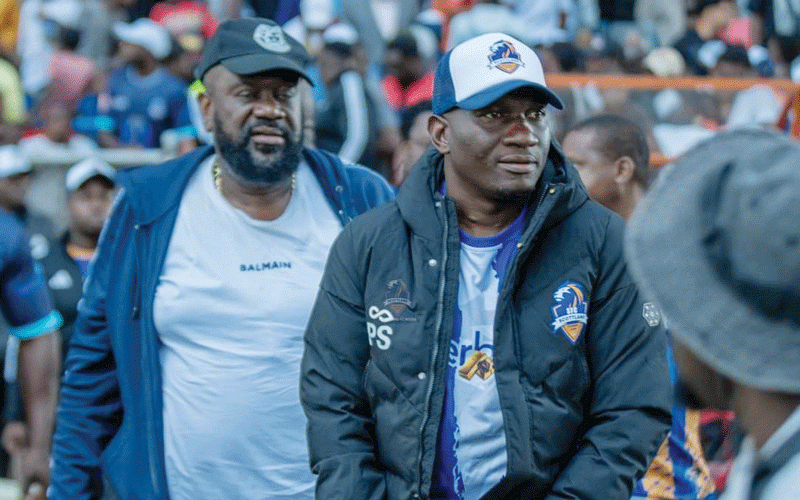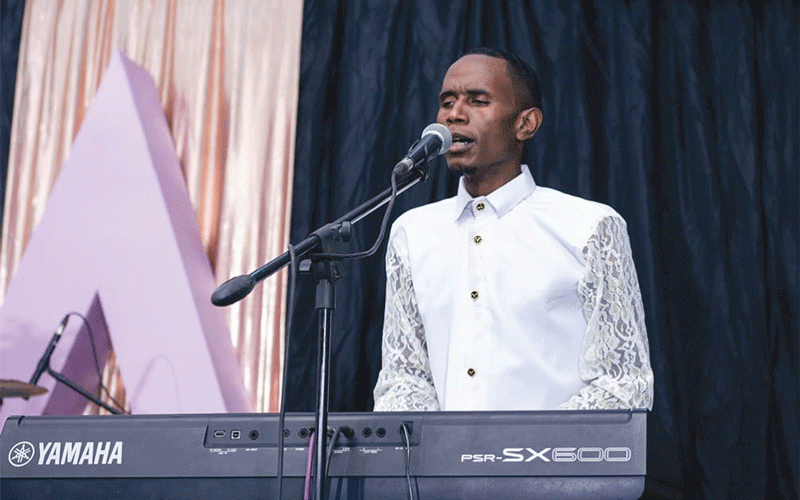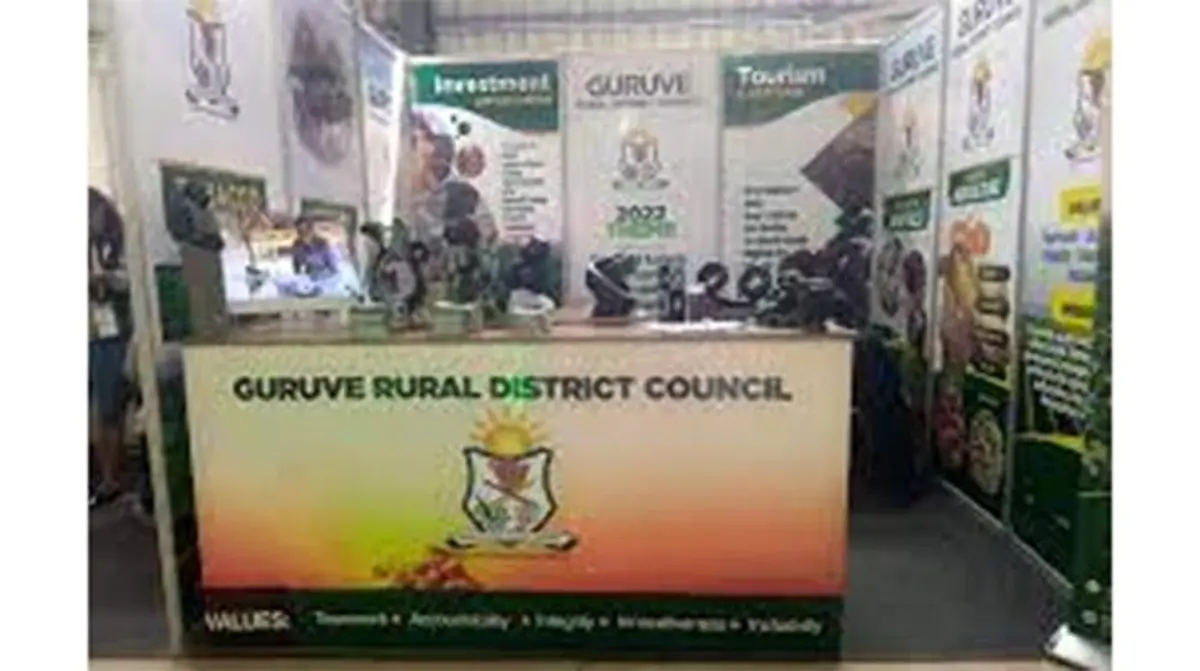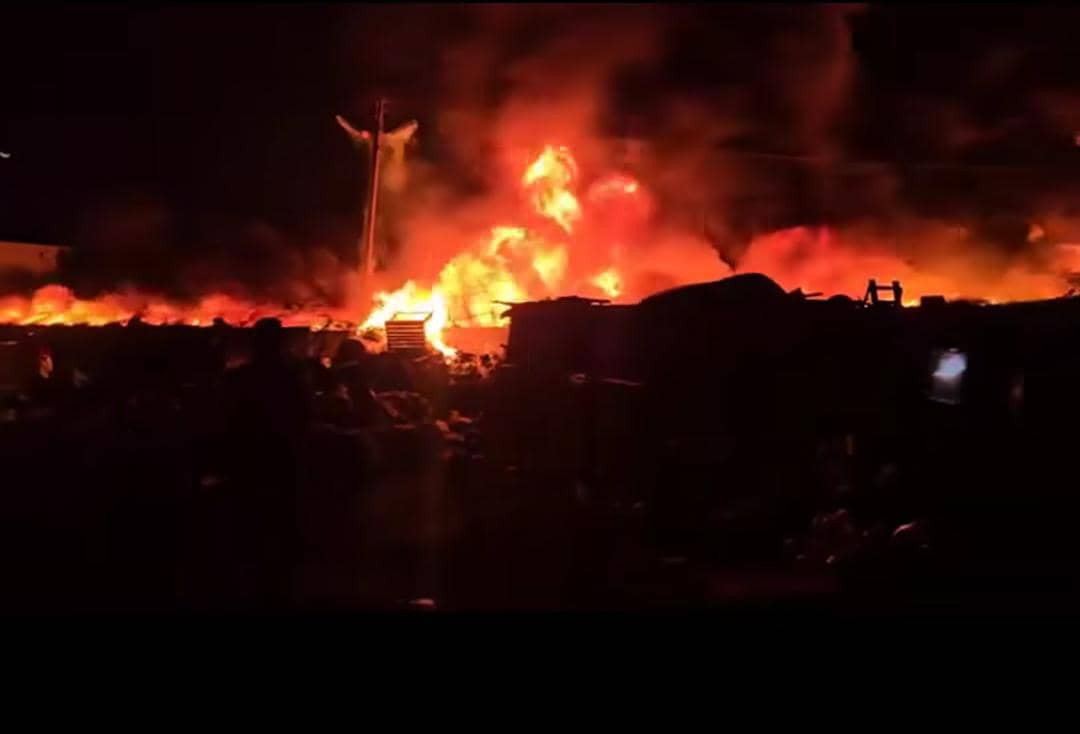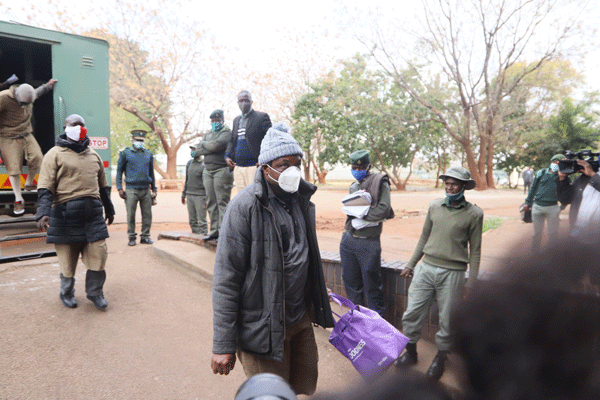
by VENERANDA LANGA
CALLS for the unconditional release of journalist Hopewell Chin’ono continue to grow louder with Parliamentary Portfolio Committee on Information, Media and Broadcasting Services chairperson Prince Dubeko Sibanda yesterday saying the scribe was being persecuted for exposing high-profile corruption.
Speaking during a virtual discussion organised by media lobby groups focusing on journalists under siege, Sibanda said it was ironic that Chin’ono was being denied bail when former Health minister Obadiah Moyo, who allegedly corruptly authorised a US$60 million tender which led to his expulsion, was freed on bail.
“We need a law to protect journalists because currently there is no law that protects them and as a result, they are victims of us politicians,” Sibanda said.
Speaking at the same event, Media Alliance of Zimbabwe chairperson Patience Zirima said 28 journalists have been arrested this year.
“When journalists are not protected, it becomes difficult to perform their work. The role of the police in promoting press freedom is very critical.
“People have a strong belief that arrests of journalists create fear in terms of freedom of information for people to express themselves. If we see a big name like Chin’ono arrested, then people question whether journalists are able to report without getting arrested,” Zirima said.
Former journalist Pedzisai Ruhanya bemoaned the selective application of the law, whereby ruling party officials were not being censured for inciting violence while jounalists and opposition activists were always targeted.
- Chamisa under fire over US$120K donation
- Mavhunga puts DeMbare into Chibuku quarterfinals
- Pension funds bet on Cabora Bassa oilfields
- Councils defy govt fire tender directive
Keep Reading
But national police spokesperson assistant commissioner Paul Nyathi denied allegations of selective application of the law.
Nyathi said journalists were free to do their work as long as they observed the law, but warned that they should identify themselves to the police in order to distinguish them from citizen journalists that have also been posting false information on social media.
“I want to assure journalists that their freedom is guaranteed. We need up-and-coming journalists to be conscientised about the need to be responsible when performing their duties,” Nyathi said, adding that in future, media training would be part of the police curriculum.

